Click here to book a meeting with one of our expert consultants
Instructional Leadership from Osiris causes leaders to stop and focus on the key aspects that underpin a fertile environment for teacher and leader learning. Through the lenses of existing people, processes, systems, and tools, participants learn to prioritise their activity to bring cohesion, function, and form to their actions.
Instructional Leadership is a way of thinking and acting. Stage by stage you will unlock the advanced practices that bring instructional leadership to life across your organisation.
The course is designed for cohorts of up to 40 Head Teachers, Deputy/Assistant Heads and Lead Teachers with executive coaching available throughout the programme to help with clarification and application of Instructional Leadership.
There is a gap of 4 to 6 weeks between each session for activities and reflection.
Training days consist of a balance of input, deep discussion, practical activities, solution focused challenges and surveys.
Participants will focus on:
· How to grow a sustainable and impactful learning culture within the staffroom
· How to reduce the variance between the most and least effective teaching within our teams
· How to develop a collaborative learning culture that nurtures excellence and agency
Instructional Leadership is the most effective type of leadership practice for improving student learning outcomes.
Professor Deidre Le Fevre
Research shows that leaders struggle with 5 key blocks to change:
Instructional Leadership explores the beauty of learning and captures the hearts and minds of the learner, transferring trust and motivation to the learning process and charting a clear pathway to outstanding. Instructional leadership will transform your leadership practice.
You will learn to:
Instructional Leadership shows the way to thrive, enhancing outcomes, enjoyment, and beauty.
Defining Instructional Leadership from focus to form and function.
What does it mean to demonstrate ‘openness to learning’ as a leader and how do we ensure we make the time to focus on learning and performance development? In particular, the session will challenge participants to:
What makes beautiful? This session will explore the challenges, huge potential benefits and strategies to ensure shared clarity about what make beautiful in all aspects of our schools. It will examine:
Trust – the motivational glue of a learning team – is key to effective learning. This session will explore how to develop high trust within teams that participants lead. It will also examine strategies to re-build trust where it has decayed, and how to develop greater team cohesion. Time and again, research has shown how important working in high trust environment is for recruiting and retaining staff. Ensuring that:
Why do gaps between perception and reality about performance grow? This session will explore:
Key to developing teacher/leader performance, is to ensure schools have impactful professional learning programmes. This session will explore:

Fill in the form and we will get back to you as soon as possible to arrange a time that works for you.
We use technology such as cookies on our site to personalise content, provide social media features and analyse our traffic.
Click 'I accept' to consent to the use of all cookies or 'No thanks' to reject non-essential cookies.
I AcceptNo ThanksPrivacy policy